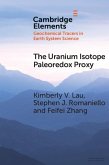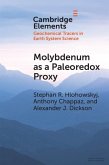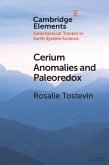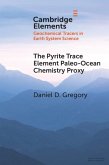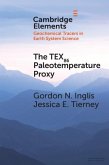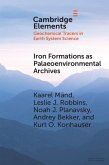In one form or another, iron speciation has had a long history as a paleoredox proxy. The technique has been refined considerably over the years, and the most recent scheme is unique in its potential to distinguish three major oceanic redox states - oxygenated, ferruginous and euxinic. This Element covers the theory behind the proxy, methods involved in applying the technique, and potential complications in interpreting Fe speciation data. A series of case studies are also provided, which highlight how more advanced consideration of the data, often in concert with other techniques, can provide unprecedented insight into the redox state of ancient oceans.
Dieser Download kann aus rechtlichen Gründen nur mit Rechnungsadresse in A, B, BG, CY, CZ, D, DK, EW, E, FIN, F, GR, HR, H, IRL, I, LT, L, LR, M, NL, PL, P, R, S, SLO, SK ausgeliefert werden.



